Primary Primers: Iowa: Why flyover country will be a political hotspot in 2020
In just over two months’ time, voters in Iowa will caucus to decide their preferred candidates for the 2020 presidential nomination. Andrew D. Green explains what makes the Hawkeye State’s political decision-making unique, writing that the individualism of many residents often leads to split ticket voting. While President Trump is almost certain to win the Republican contest in Iowa, […]


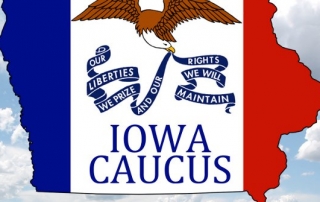



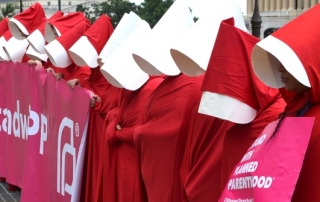
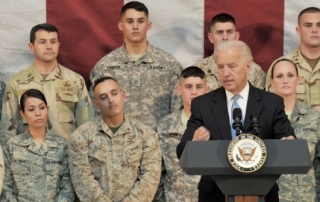


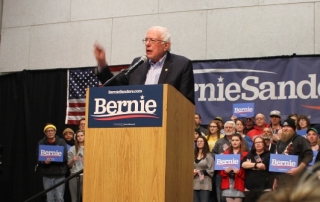
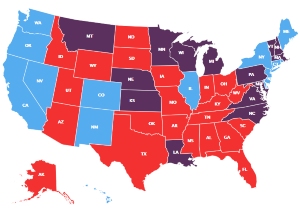




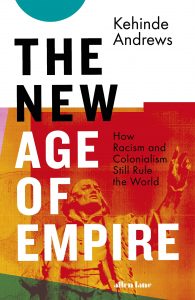
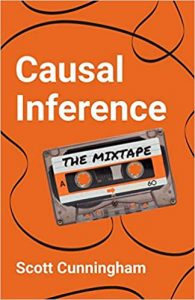

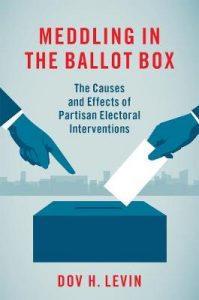

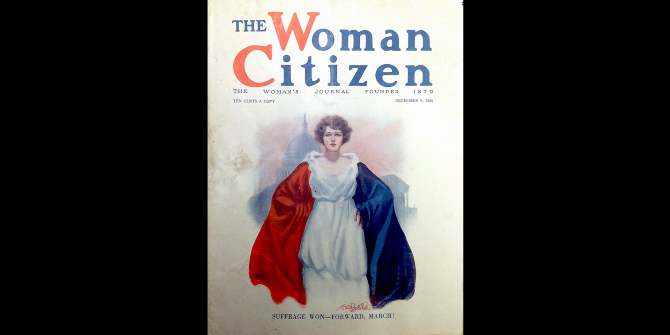
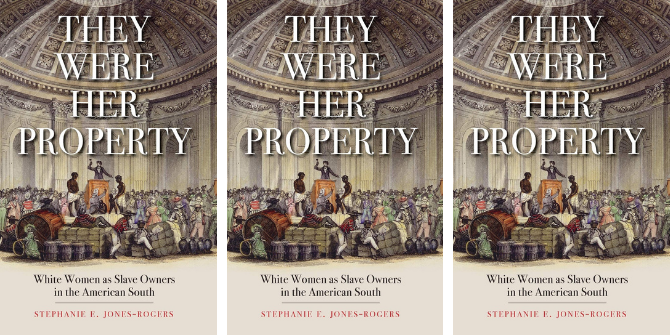
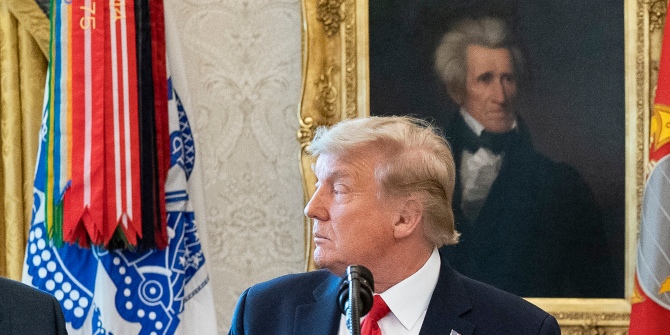


Primary Primers: Why the Republican Party may no longer be able to count on Georgia in 2020.
Primary Primers: Why the Republican Party may no longer be able to count on Georgia in 2020.
Many in and outside of the US consider Georgia to be a solidly conservative state, but that is increasingly no longer the case, writes Will Rooke, who profiles the Peach State’s recent political history. A combination of changing demographics, an anti-Trump suburban backlash, and a big push against Republican voter suppression, he writes, may signal Georgia’s political transition from […]